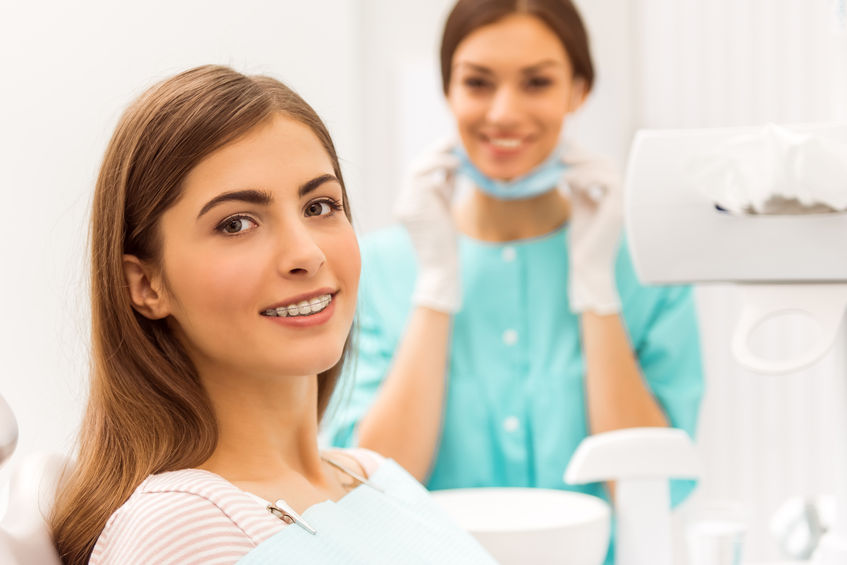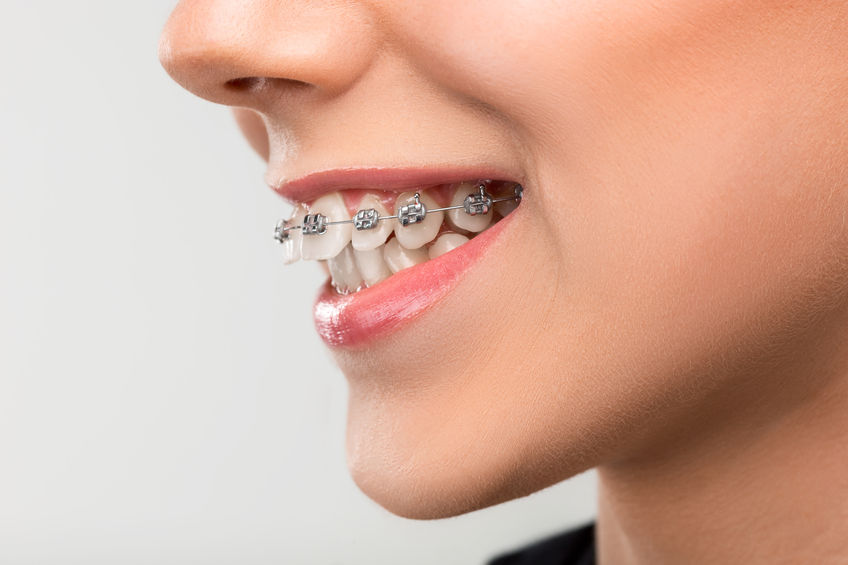That twice-yearly trip to the dentist could do more than keep teeth and gums healthy: It may decrease the risk of pneumonia by reducing bacteria in the mouth, suggests research being presented at IDWeek 2016™.
Nearly one million Americans become ill with the infection every year and 50,000 die. While it is more common among older people and those with conditions such as AIDS or lung disease, anyone can get pneumonia. Based on an analysis of a national database of more than 26,000 people, the new research found that people who never get dental checkups had an 86 percent greater risk of pneumonia than to those who visit the dentist twice a year.
“There is a well-documented connection between oral health and pneumonia, and dental visits are important in maintaining good oral health,” said Michelle Doll, MD, lead author of the study and assistant professor of internal medicine in the Division of Infectious Disease at Virginia Commonwealth University, Richmond. “We can never rid the mouth of bacteria altogether, but good oral hygiene can limit the quanitities of bacteria present.”
Researchers analyzed data obtained from the 2013 Medical Expediture Panel Survey, which asks about healthcare utilization (including dental care), costs and patient satisfaction. They found 441 of 26,246 people in the database had bacterial pneumonia (1.68 percent) and that those who never had dental checkups had an 86 percent increased risk of pneumonia compared to those who had twice-yearly appointments.
The body contains 10 times as many microbes (bacteria, fungi and viruses) as human cells on or in the body, from the skin to the gastrontestinal system (including the mouth). Some microbes are good and some are bad, but even bad microbes only cause disease under certain circumstances. In some cases, bacteria can be accidentally inhaled or aspirated into the lungs and cause pneumonia. Bacteria that commonly cause pneumonia include streptococcus, haemophilus, staphylococcus, and anaerobic bacteria. Routine dental visits may reduce the amount of bacteria that can be aspirated, said Dr. Doll.
“Our study provides further evidence that oral health is linked to overall health, and suggests that it’s important to incorporate dental care into routine preventive healthcare,” said Dr. Doll.
Story Source: Materials provided by Infectious Diseases Society of America. Note: Content may be edited for style and length.


Oral Care Tips for Halloween
Oral Care Tips for Halloween Are you and your kids ready for Halloween? To make sure that you're extra prepared, we've provided you with some Halloween oral care tips so that you and your kids won't have to pay a visit to the orthodontist right after Halloween. If you...

Can Correcting an Overbite be Beneficial?
Can Correcting an Overbite be Beneficial? Many kids and adults suffer from a type of overbite referred to as Malocclusions. This type of overbite can be caused by various factors that could occur during childhood or adulthood. Some reasons as to why overbites occur...

Early Orthodontic Treatment Now Could Mean Less Later
Early Orthodontic Treatment Now Could Mean Less Later Do you worry about your kids having to go for orthodontic treatment when they're older? Did you know that if you start taking your kids for orthodontic treatment at an early age, they'll most likely need less...

